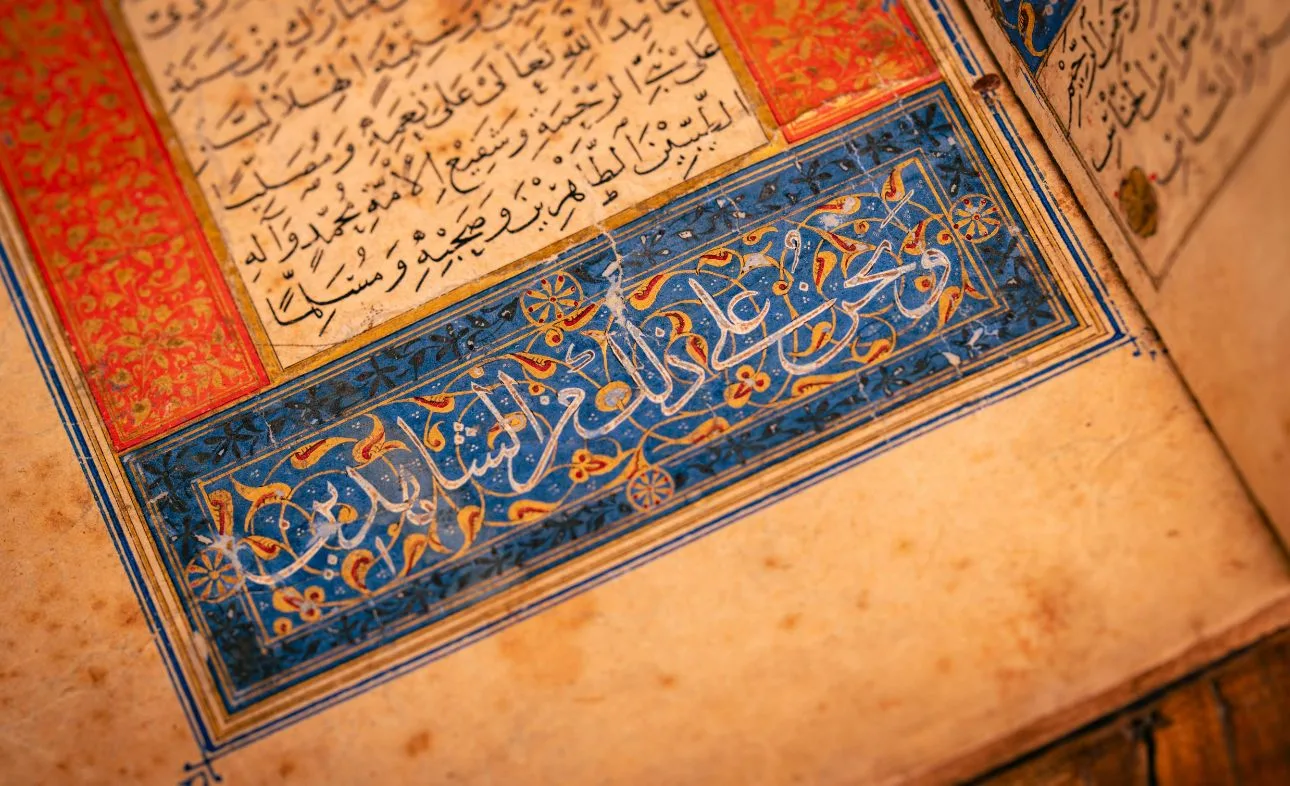A vast collection of ancient Arabic manuscripts, long hidden in the mosques, libraries, and private homes of the Malabar region, is now being carefully digitised in an ambitious effort to preserve South India’s rich cultural and intellectual legacy.
The project is spearheaded by the Malaibar Foundation for Research and Development in collaboration with the Hill Museum and Manuscript Library in Minnesota and commenced in 2024. Its primary objective is to digitally archive rare and endangered Arabic manuscripts, lithographs, and photographs, many of which are currently held in fragile and deteriorating conditions.
The preservation initiative focuses on regions historically connected to Arab civilisations through trade, scholarship, and religious exchange, such as Kerala, Tamil Nadu, and Karnataka, as well as the union territories of Lakshadweep and the Andaman Islands. Utilising advanced imaging technologies, the project seeks to protect these culturally significant artefacts from the threats of time, climate, and neglect.
In its initial phase, the foundation successfully sourced over 4,000 manuscripts from districts including Kozhikode, Kannur, and Kasaragod. However, the task of digitisation remains a painstaking one.
“Digitising these centuries-old manuscripts demands extraordinary patience and highly specialised expertise,” stated Noorudeen Musthafa Nurani, Executive Director of the Malaibar Foundation. “Although we have collected more than 4,000 manuscripts, only approximately 20 percent have been digitised thus far. The process adheres to rigorous scientific standards and is both meticulous and time-intensive,” he added.
The manuscripts are carefully gathered from private owners, religious institutions, and libraries. Each document undergoes a detailed cleaning and photographic procedure before being dispatched to HMML’s laboratories in Minnesota, where the digital processing is completed. The resulting digital archives will be made freely available to scholars and researchers around the world via an online platform. The original documents are then returned to their respective custodians.
Emphasising the historical importance of the project, Noorudeen noted, “Kerala and neighbouring states have long maintained profound historical and cultural ties with the Arab world. Scholars from this region have produced seminal works in Arabic, Persian, Arabi-Malayalam, and Arabi-Tamil. These manuscripts are not only rare but also irreplaceable, and preserving them is essential to protecting the intellectual and cultural heritage of our region.”
The digitisation effort marks a significant step in documenting and disseminating the scholarly contributions of South India to the broader Islamic and global intellectual traditions.
